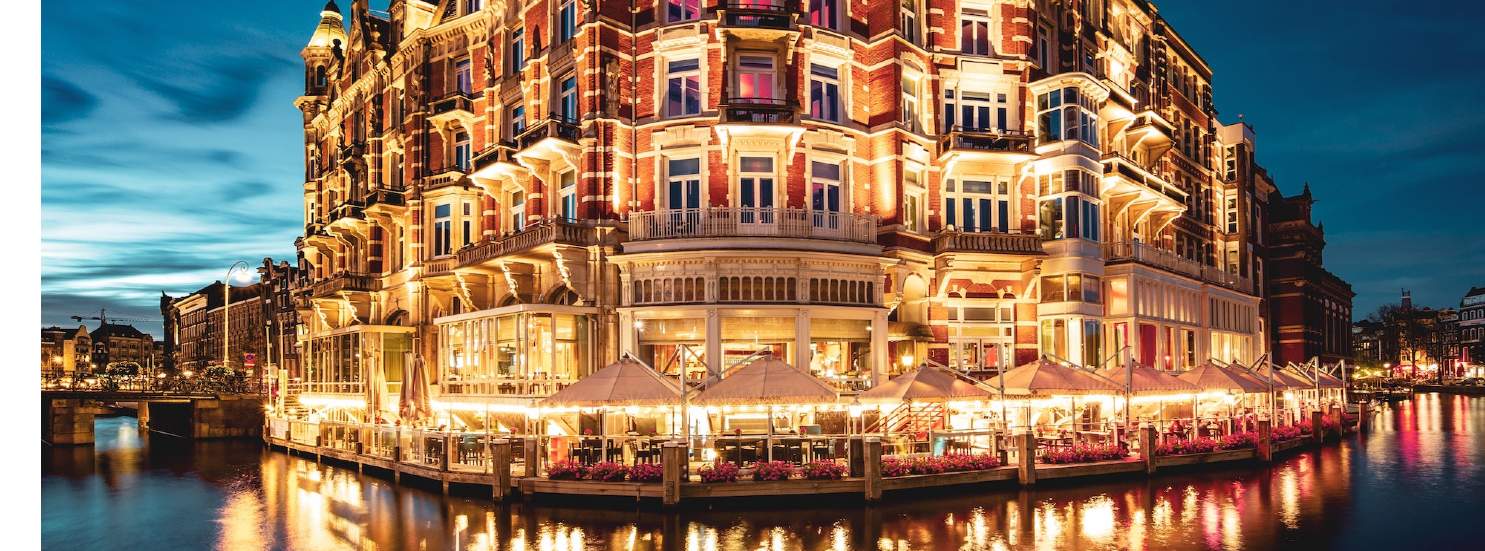The Dutch hotel market is facing a major sustainability challenge, as our latest research report shows. For example, in Amsterdam, the largest hotel market in the country, 49 per cent (circa 960,000 sq m) of the stock has no energy label and 11 per cent has an EPC rating of D or worse. Unfortunately, other Dutch cities are not doing much better either.
The most important incentive to become more sustainable comes from the Sustainable Finance Disclosure Regulation (SFDR), which partially came into force on 10 March 2021. In concrete terms, it forces market participants to state on their websites whether, and if so how, they take the main adverse sustainability effects of their investment decisions into account.
However, there is not (yet) any clear direction with regards to sustainability for the hotel industry, for example through EPC rating requirements. Hotels must have an energy label, but there is no minimum rating. The situation is different for office buildings: from 1 January 2023 onwards, these will have to have at least an EPC rating of C.
The hotel industry has a great opportunity to move forward like the other real estate sectors; to turn brown hotels green. Changes in hotel operations can be made at a basic level: linen, waste disposal, power supplies, water, gas and emissions. The effort required to make a property itself more sustainable is greater, for example by improving insulation, yet the impact of increasing sustainability in hotels is disproportionally high, given their 24-hour occupation. Fortunately, the hotel sector is increasingly interested in sustainability, with the current high energy costs serving as an extra push.
An important driver for the sector is the consumer, who is critical and selective. Booking.com's recent Sustainable Travel Report 2022 shows that almost three quarters of all travellers surveyed plan to stay at least once in sustainable accommodation in the coming year. In addition, 19 per cent said they would actively seek out information about an accommodation's sustainability efforts before booking.
We believe that operators and investors can therefore respond to these consumer needs in different ways:
- Reducing carbon footprint: the pursuit of carbon neutrality is already on the radar of several operators. Accor, Hilton and IHG, for example, aim to at least halve their carbon footprint in the next decade.
- Using organic food and sustainable materials: In this 'people business', the wellbeing of guests and employees is of great importance. The use of organic food and sustainable materials can contribute to this.
- Offer a local and authentic experience: hotel operators can differentiate themselves by offering local and unique experiences to their guests, respecting local customs, regulations and their communities.
Although the interest in sustainability is growing, appropriate regulations such as a minimum EPC rating of C could give an extra push to make more hotels more sustainable faster. Increasing sustainability will not only benefit the entire sector, but will likely also lead to more investment. This is because investors are increasingly looking for product that meets the highest sustainability requirements and/or the latest ESG requirements.
